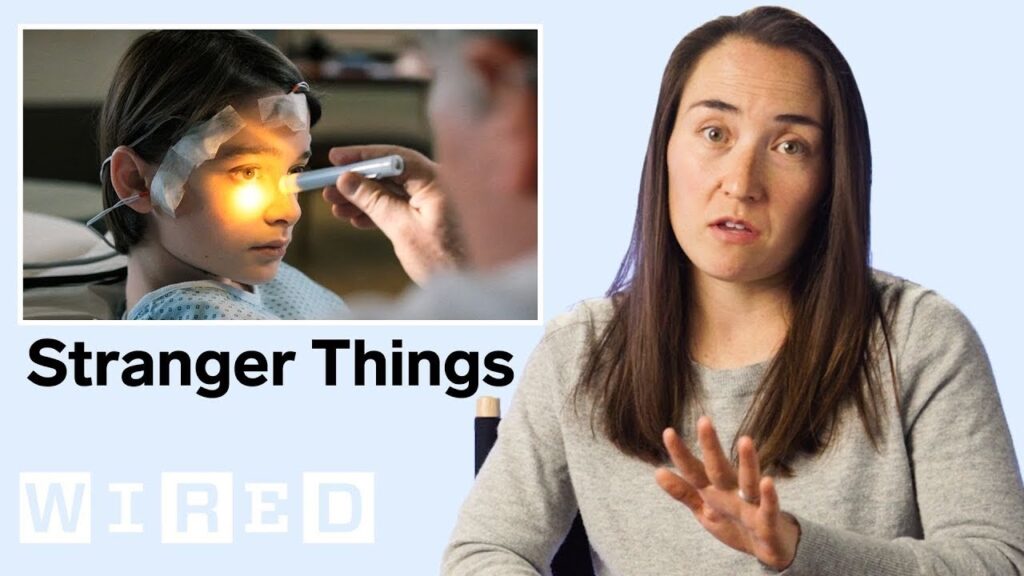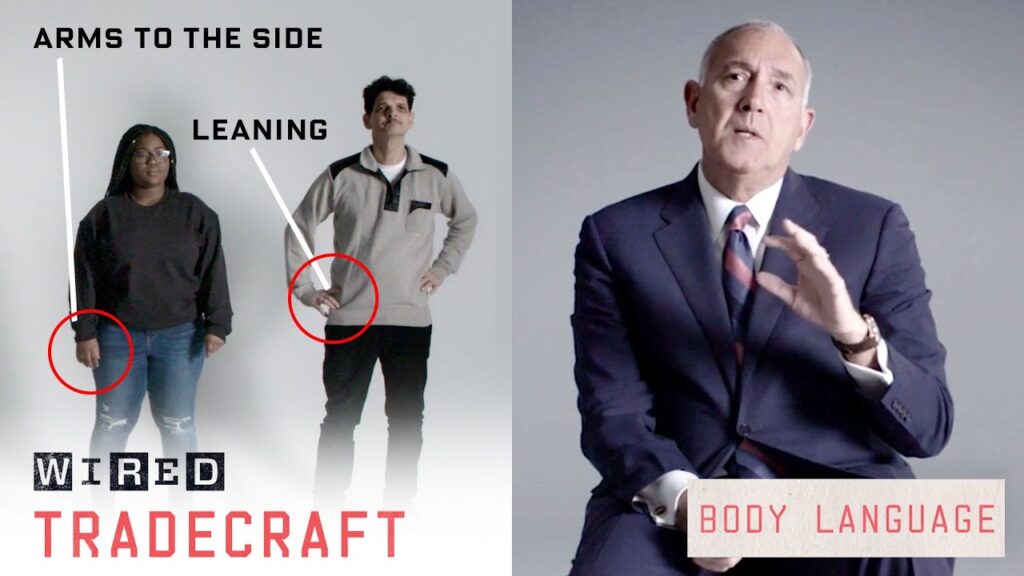Can Cats Eat Their Owner’s Dead Bodies?
Summary
A recent study on the decomposition of human bodies has brought attention to the question of whether cats would feast upon their owner’s dead bodies. The study unintentionally captured footage of feral cats eating corpses, leading to discussions of the possibility of pet cats engaging in such behavior. In this article, we interview Dr. Michael Delgado, a cat behavior specialist at UC Davis, to explore the question of whether cats would eat their owner’s dead bodies.
Table of Contents
- Introduction
- Can cats eat their owner’s dead bodies?
- Are cats predators or scavengers?
- What conditions need to be present for a pet cat to eat its owner’s dead body?
- Do cats recognize that their owner is dead?
- Do pet dogs also consume parts of their dead owner’s body?
- Why are some people fascinated by the idea of their cat eating their dead body?
- Conclusion
Introduction
Cats are enigmatic creatures, often associated with superstitions and myths. Among them is the belief that cats would eat their owner’s dead bodies if they were to pass away. A recent study on the decomposition of human bodies has brought attention to this question, by inadvertently capturing footage of feral cats eating corpses. However, the possibility of pet cats eating their owner’s dead body remains unclear. We talked to Dr. Michael Delgado, a cat behavior specialist at UC Davis, to shed some light on this topic.
Can cats eat their owner’s dead bodies?
According to Dr. Delgado, there is a good chance that a cat would eat its owner’s corpse if it had been left around for an extended period of time. However, there have been very few documented cases of pet cats engaging in this behavior. In general, cats are picky eaters and might need an incentive to eat something outside their usual diet. Therefore, the likelihood of a pet cat eating its owner’s dead body is relatively low.
Are cats predators or scavengers?
Cats can be either predators or scavengers, depending on the situation. Dr. Delgado explains that cats are obligate carnivores, which means that they require animal protein to survive. They are naturally motivated to hunt and catch prey. However, cats can also scavenge on carrion, such as dead birds and rodents. In the absence of readily available food, cats may resort to scavenging to survive.
What conditions need to be present for a pet cat to eat its owner’s dead body?
There is no definitive answer to this question, as there is no one specific condition that leads a cat to eat its owner’s dead body. However, Dr. Delgado suggests that certain circumstances may increase the likelihood of a cat engaging in this behavior. For instance, if the owner’s body is left around for an extended period of time, and there is no other source of food available, the cat may resort to scavenging on the body. Additionally, if the cat is stressed or anxious, it may exhibit abnormal behavior, such as eating its owner’s corpse. It is worth noting that such circumstances are highly unlikely to occur.
Do cats recognize that their owner is dead?
It is unclear whether cats recognize that their owner is dead. According to Dr. Delgado, when a cat encounters a motionless body, its first instinct would be to investigate and try to elicit a reaction from the body. This behavior is consistent with their natural hunting instincts, where they would try to get prey to move. Therefore, a cat may not immediately recognize that its owner is dead, especially if there are no visible signs of death.
Do pet dogs also consume parts of their dead owner’s body?
It’s not just cats. There have been reports of pet dogs also consuming parts of their dead owner’s body. However, as Dr. Delgado explains, these cases are rare, and most pet dogs would not engage in this behavior. In general, pet dogs are more reliant on their owners than cats, and they are more likely to try to seek help if their owner is unresponsive or dead.
Why are some people fascinated by the idea of their cat eating their dead body?
As Dr. Delgado notes, some people may find the idea of their cat eating their dead body fascinating because it plays into certain stereotypes about cats. Cats are often seen as less domesticable than dogs, and the idea of a cat doing something taboo or naughty may be appealing to some people. However, it is important to remember that just because cats can scavenge on dead bodies does not mean they will attack a living person.
Conclusion
In conclusion, the likelihood of a pet cat eating its owner’s dead body is relatively low, though it can happen under certain extreme circumstances, such as when the cat is stressed or anxious and has no other source of food available. Cats are obligate carnivores and can be either predators or scavengers, depending on the situation. It is unclear whether cats recognize that their owner is dead or not, but they may investigate the body to try to elicit a response. Furthermore, the idea of a cat eating its owner’s dead body may be more of a stereotype than a reality, and it is important to recognize that not all cats are the same.






